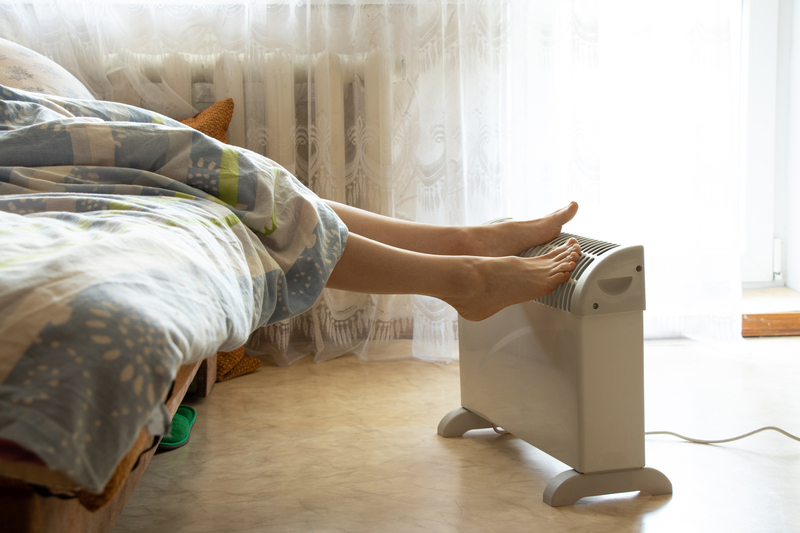There are several treatment options for sleep apnea. If you fear undergoing surgical procedures and if you dislike using breathing devices and mouthpieces, there is one more option left. It is not intake of medicines since there is still no approved pill or injection for sleep apnea treatment. It would help a lot if you would try to change or improve your lifestyle. You may need to do several alterations or changes to your habits and daily activities so you could attain the relief and improvement you need.
First, try to change your sleeping position. If you always been used to sleeping on your back, this time, learn to sleep on your side. Most sleep apnea patients admit lying on the back when sleeping. This position could narrow airway passages due to impact of gravity. Try rolling over into your side and see the improvements not just in sleep apnea but also in loud snoring problems.
Second, try to avoid drinking alcoholic beverages not at least four hours before bedtime. As you know, alcohol could make your muscles more relaxed. This way, your throat and airway muscles could squeeze and narrow the air passage, which would lead to sleep apnea. Also avoid medicines (for your other ailments) that could induce sleep as they bring about the same effect as alcohol to the muscles. It would be better if you would approach your doctor about possible alternatives or strategies you could use so you could adjust your medicine intake, if it could not be helped.
Third, start losing excess weight if you are obese or overweight. You would notice that even the slightest weight loss could bring about great heaps of improvements of symptoms. As you know, weight loss could reduce snoring, at times eliminating it completely. A research conducted in 200 has found that sleep apnea sufferers who lose weight by about 10% of total current weight could expect to experience up to 26% decrease in risks of sleep apnea development.
Fourth, start quitting smoking. Many smokers are arguing about the helpfulness of eliminating the habit for treatment of sleep apnea. If you have been into smoking, you would certainly deal harder to stop smoking. Specific studies have shown that smoking could worsen sleep apnea. Start reducing your smoking habits now. You do not need to stop it suddenly. You could begin by subtracting a stick of cigarette each day to your average daily cigarette-stick intake.
Fifth, keep the nasal passages always open especially at night. You could use allergy medicines and nose sprays to do so. You could also try out nasal strips that are available over-the-counter. You need to make sure your nose and mouth are in good condition before you sleep. If you have runny and stiff nose, such strip products could also spell a great difference.
Last but not the least, sleep beside your bed partner. This way, you could always monitor how you are doing. Listen to their accounts. They may be complaining about your very loud sleep and their anxiety from thoughts that you are stopping breathing during your sleep.
You could have your partner wake you up whenever manifestations of sleep apnea are surfacing. Hugging your partner while sleeping could also be a good way of how you could adopt sleeping on side position.


